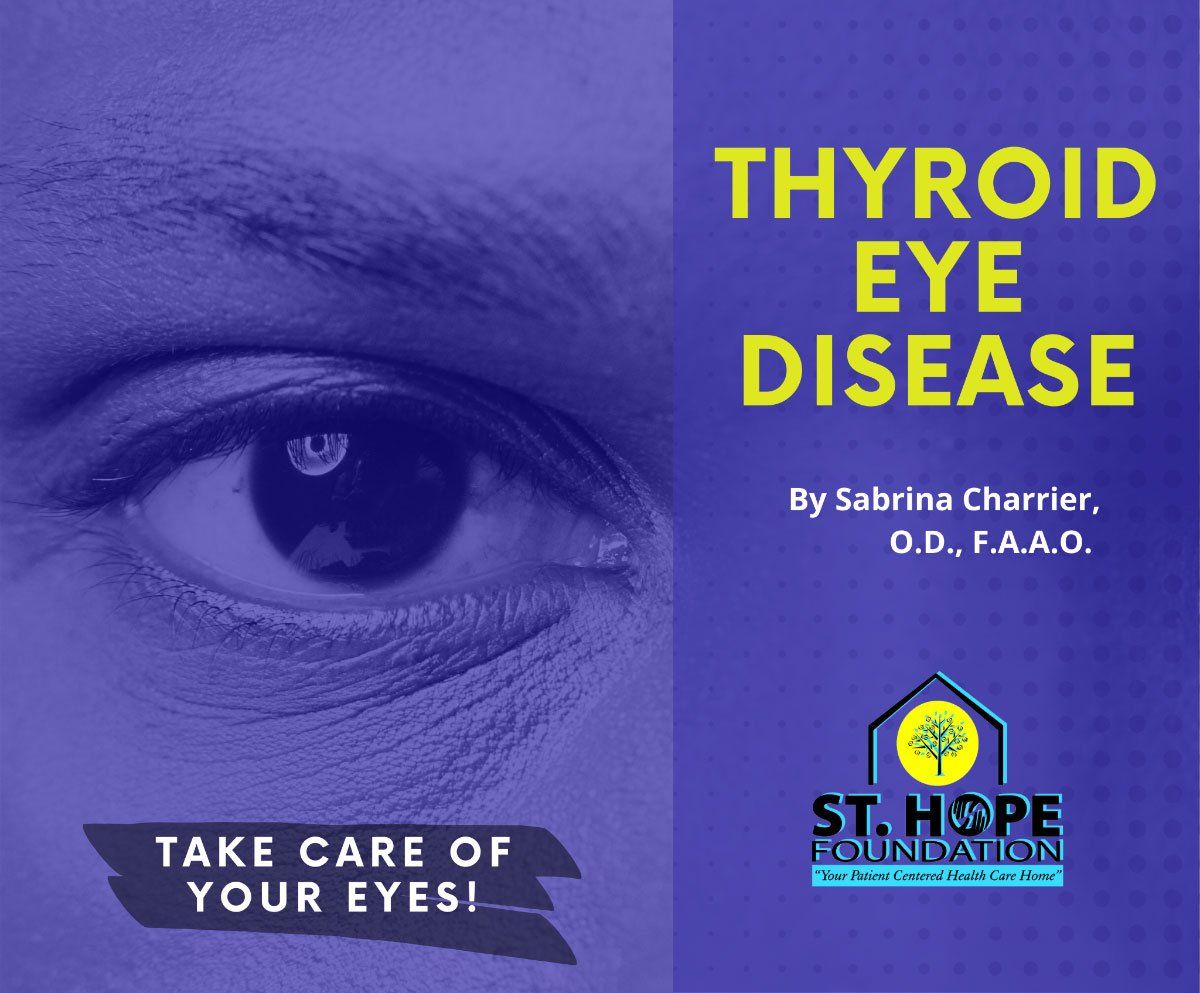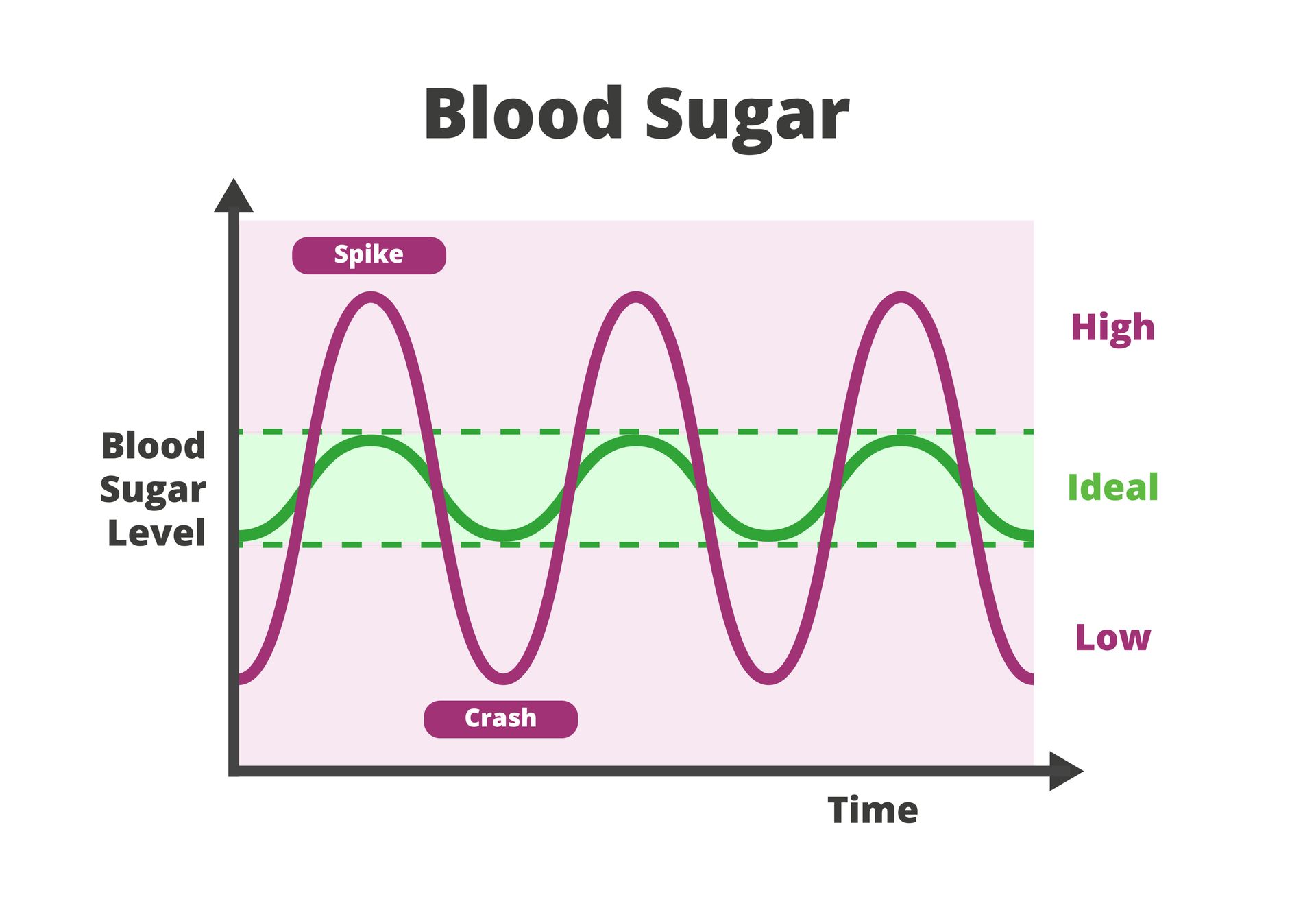Recent Posts
Thyroid Eye Disease

January is Thyroid Awareness Month and considering 20 million Americans have a thyroid condition, it’s important to understand the relationship with the eye. Thyroid hormones help the body use energy, stay warm and keep the brain, heart, muscles, and other organs working as they should.
Graves’ disease primarily occurs in those with an overactive thyroid (hyperthyroid). It is an autoimmune disease where the body creates antibodies against the receptors in thyroid cells and the muscles and fatty tissue around the eyes. About half of people with Graves’ will develop eye symptoms. This usually begins within 6 months of diagnosis. This can also occasionally occur in those with hypothyroidism where the thyroid levels are low or even those with normal thyroid levels.
Symptoms of Graves’ disease include feelings of dry eye, irritation, grittiness, redness, tearing, burning, lid swelling, light sensitivity, bulging of eyes (proptosis), difficulty closing your eyelids, and double vision. In more severe cases there can be compression of the optic nerve and vision loss.
It is diagnosed with an examination of the eyes, especially in the presence of other associated symptoms of hyperthyroid. Diagnosis may include imaging of the eyes and orbits, specifically the muscles around eyes. This will show swelling and enlargement of those muscles causing the proptosis.
Graves’ disease will often improve on its own but the inflammatory stage may last between 1 to 3 years. Many treatments focus on making the symptoms better. Warm or cool compresses, artificial tears, steroids, and sunglasses help with the dry eye and light sensitivity. Prism in glasses can help with the double vision. Surgical intervention may be needed for the eyelids, eye muscles, and even for the double vision. When there is vision loss, a surgery called orbital decompression may be needed. As the muscles enlarge the optic nerve is compressed causing damage to your vision. In decompression surgery, some orbital bones are removed to allow room for the enlarged muscles and improve the eye bulging.
Maintaining regular eye exams will be important, however, if you notice a change in the appearance of your eyes or vision return to see your eye doctor as soon as possible.









